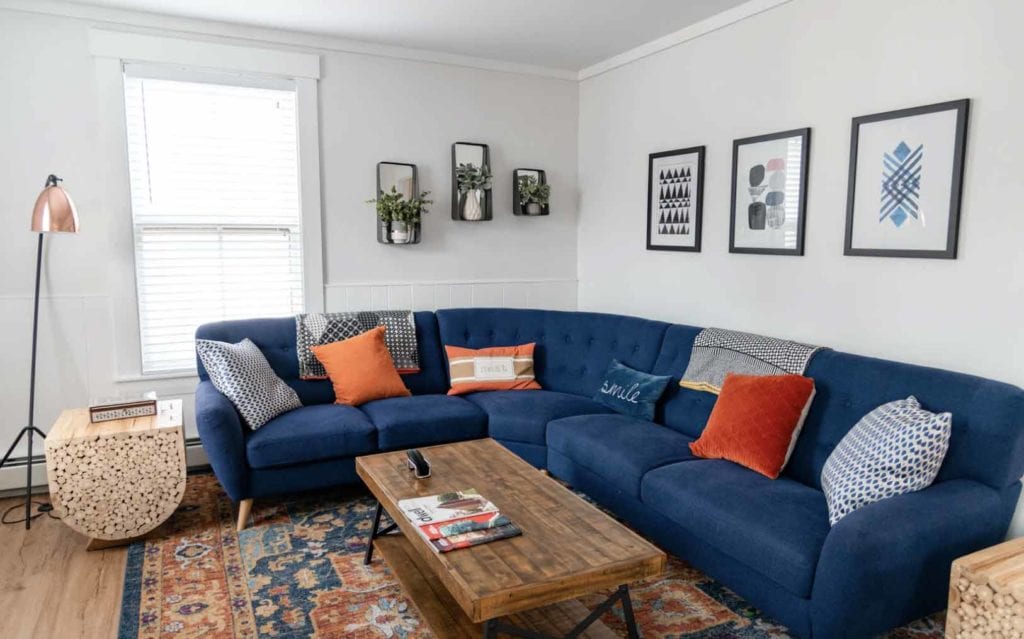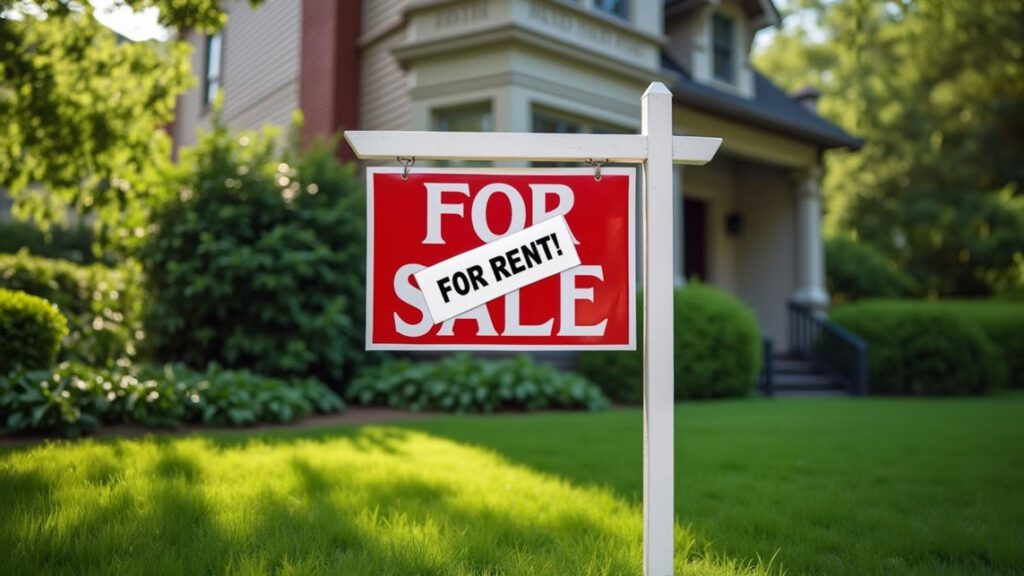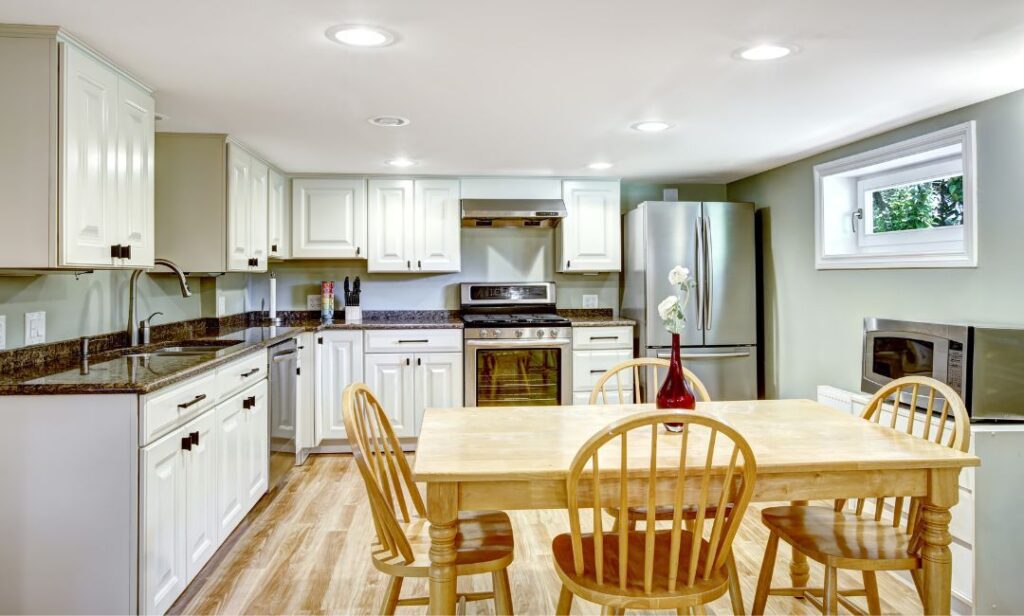Airbnb Bylaw Is Now In Effect in Toronto
01/15/20

Early in 2018, the City of Toronto approved the regulation of short-term rentals in Toronto. However, the resulting zoning bylaw amendments were immediately appealed to the Local Planning Appeal Tribunal (LPAT). Almost 2 years later, on November 18, 2019, the LPAT issued a ruling dismissing the appeal and upholding the bylaw amendments. The new bylaw is therefore now in effect, and the City of Toronto is moving forward with it’s implementation.
The bylaw defines short-term rentals as:
“all or part of a dwelling unit in the City of Toronto used to provide sleeping accommodations for any rental period that is less than 28 consecutive days in exchange for payment.”
This includes existing bed and breakfast’s but excludes hotels, motels, and accommodations where there is no payment (for example, staying with friends and family, and couch-surfing).
The key details are:
- Short-term rentals are permitted across the city in all housing types in residential and the residential component of mixed-use zones.
- People can host short-term rentals in their principal residence only – both homeowners and tenants can participate.
- People can rent up to three bedrooms in a unit for an unlimited number of nights per year (less than 28 consecutive days) or their entire home for a maximum of 180 nights per year.
- People who live in secondary suites and laneway suites can also participate, as long as the secondary suite/laneway suite is their principal residence.
Short-term rental companies will be required to be licensed with the City of Toronto. A short-term rental company is any company facilitating or brokering short-term rental reservations online and receiving payment for this service.
- Applicants will be required to pay a one-time licence application fee of $5,000 and an ongoing fee of $1.00 for every night booked through the company.
- Licensees will be required to ensure that all listings have valid registration numbers.
- Upon licensing, short-term rental companies will be required to provide a process for removal of listings that do not have valid registration numbers, and a procedure for dealing with problematic operators and responding to complaints.
- Short-term rental companies will be required to keep records of short-term rental activity and provide them to the City as requested.
Short-term rental operators (people renting their homes on a short-term basis) will be required to register with the City of Toronto.
- Operators will be required to pay registration fee of $50 per year and post their City-issued registration number in all advertisements.
- People renting their homes on a short-term basis will be required to pay a 4 per cent Municipal Accommodation Tax (MAT) on all rentals that are less than 28 consecutive days.
- Operators will need to provide the City with information, including:
- contact information and address
- details of the short-term rental
- name and telephone number of an emergency contact person who will be available 24 hours a day during rental periods.
- Government-issued identification is required to demonstrate that the short-term rental is the operator’s principal residence and that they are over the age of 18.
- Operators will also be required to keep records of short-term rental activity and provide to the City upon request.
The City is planning to implement the licensing and registration rules for short-term rentals in phases. This page will be updated as more details are available.
Phase 1: Complaint-based investigation – ongoing
As the licensing and registration system is being put in place, the City will respond to issues on a complaint basis. Residents can contact 311 to report issues related to short-term rentals, such as noise, waste and zoning infractions and the City will investigate accordingly.
Phase 2: Licensing and registration – Spring 2020
Licensing of short-term rental companies and registration of operators will begin in spring 2020. Current and prospective short-term rental operators will have three months to register. During this time, the City will educate the public on short-term rental rules, encourage operators to register their short-term rentals, and work with companies to ensure compliance with the licensing rules.
Phase 3: Enforcement and MAT – Summer 2020
All current short-term rental operators will need to be registered by the end of phase 2. The City will take enforcement actions against short-term rental operators that are not registered or are not following the rules. As of the end of phase 2, registered short-term rental operators will also be required to start paying the four per cent Municipal Accommodation Tax (MAT) on a quarterly basis.
Enforcement action will also be taken against companies that allow unregistered operators to list on their platform or contravene the bylaw. Anyone currently involved in Airbnb rentals or thinking about doing so would be wise to familiarize themselves with all the new rules.
Sign Up For Our Newsletter
Looking for more great real estate content? Get it delivered to your inbox with our newsletter!



